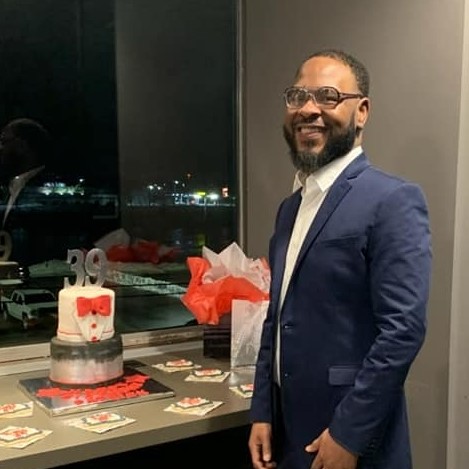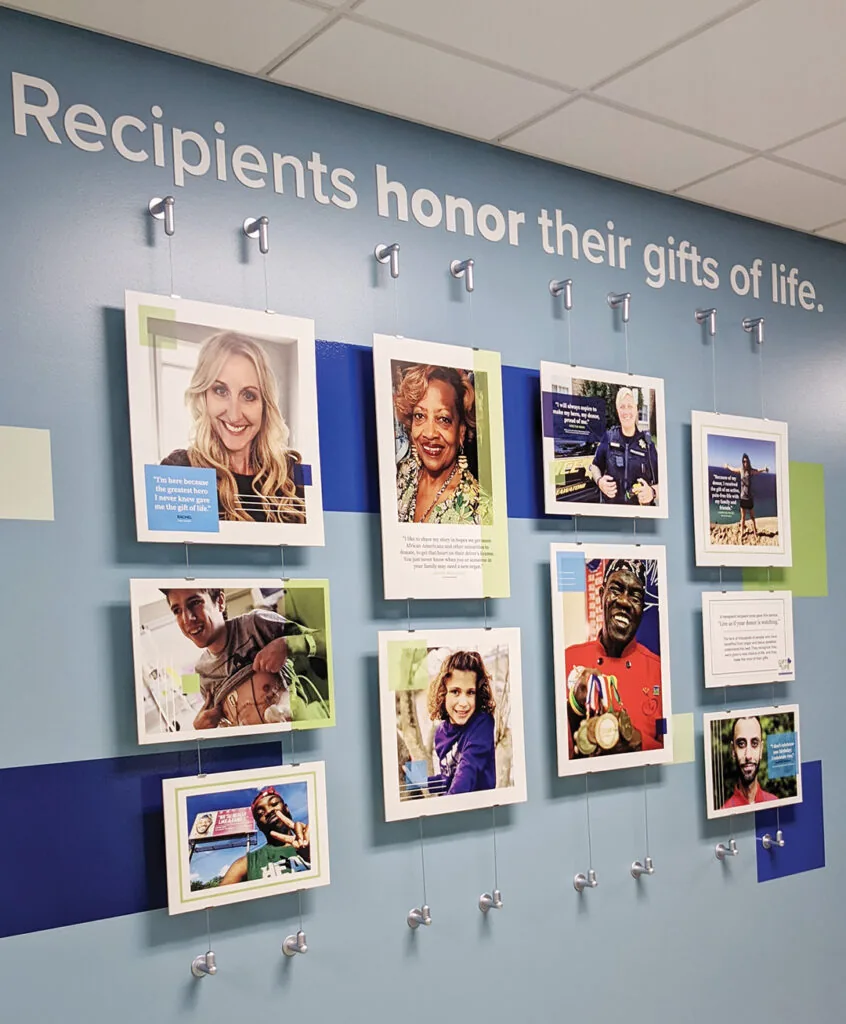Minorities often wait longer for organ transplants
Patrick Price is hoping he will one day receive a new kidney and return to the catering business he loves, but he knows he faces challenges getting there.
Patrick was diagnosed with diabetes at age 13, and lost a leg due to complications more than a decade ago. A recent surgery on his other heel means Patrick doesn’t meet the health requirements to be placed on the waiting list – a situation he is determined to overcome.
“My ultimate goal is to get back to an active young man’s lifestyle,” said the 41-year-old from Saginaw. “I’m definitely devoted, but I have a lot of problems that I have no control over.”
High blood pressure and diabetes run in his family. His mother and father both lost legs to complications of the disease and Patrick admits he didn’t listen to his doctors when he was younger – even after his mother died a few months after he learned his own diagnosis.
Diabetes, hypertension, and other health problems are more prevalent in multicultural communities. Six in 10 of all patients waiting for a transplant nationwide represent racial and ethnic minorities. In Michigan, roughly half of the 2,400 patients waiting are of African American, Latinx, or Arab American descent.
It’s a complex problem because those same people are less likely to register as donors.
This is National Minority Donor Awareness Month, a time to raise awareness to change the dismal stats. Organ procurement organizations like Gift of Life work all year – and this month in particular – to raise awareness about the health gap and educate those communities about the benefits of organ and tissue donation.
It’s also a time to tell stories about generous donors, grateful recipients, and patients like Patrick.
After his amputation, he was diagnosed with kidney failure and required dialysis. Patrick – determined to get healthy again – watched what he ate, stayed as active as he could, and was listed for a transplant at the University of Michigan Transplant center for a while. Friends and family volunteered to donate a kidney, but none were a match.
As he recovers from his foot surgery and tries to get healthy enough to be listed again, Patrick has this advice for others.
“Listen to what your doctors are saying. The best advice you can get is simply to take care of your body.”
Patrick said he follows a strict diet and no longer needs medication to manage his diabetes. His next goal is to be able to get around well enough to take care of a new kidney.
“I miss working. I’m not used to laying around and not being able to do anything,” he said. “I’m a very independent person. This whole process has been a big eye-opener for me, and I’m still learning.“
To sign up as a donor, visit golm.org/register.









